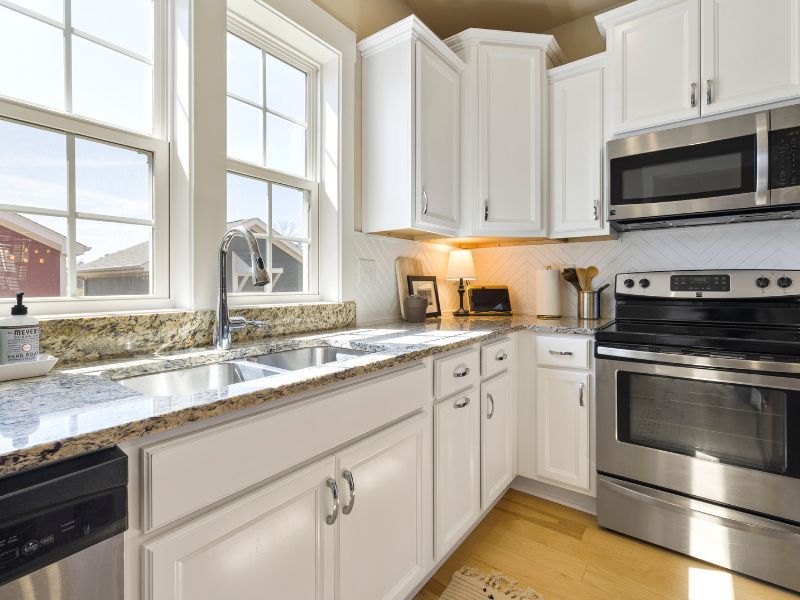
Appliance Repair: Fixing Your Home’s Essential Devices
TLDR: This comprehensive guide on home appliance repair covers common issues, when to repair or replace an appliance, and how to find reliable repair services. It discusses common appliance problems like electrical issues, motor malfunctions, and clogged components, emphasizing the importance of regular inspections for early issue detection. It also delves into the decision-making process between DIY repairs and professional help, considering safety, complexity, and cost factors. Furthermore, it explores the repair vs. replacement dilemma, considering factors like age, cost, and energy efficiency. Lastly, it provides tips for finding reputable appliance repair services, including seeking recommendations, checking credentials, and reading customer reviews.
Do you have an appliance at home that needs repairs? If this is the case, you will want to consider what sort of repairs need to be done, what your options are, and which route to take. This introduction will cover common home appliance issues, when to repair the appliance yourself or to seek professional help, the pros and cons of repair vs replacement, and tips for finding reliable appliance repair services.
Common Home Appliance Issues
Common home appliance issues can range from minor annoyances to larger problems. One common type of issue is a bad electrical connection, which can happen due to a damaged or noisy part. An electrical connection issue will cause a machine to lose power, either completely or intermittently. Other problems may be related to the motor, which can cause an appliance to start and stop abruptly, vibrate, or emit strange noises. A malfunctioning thermostat or a problem in the cooling fan system can cause an appliance to overheat or not reach desired temperatures.
On the other hand, there are also problems due to a build-up of lint or dust, which can cause gadgets to stop working or run less efficiently. In addition, a blocked filters are common cause of inadequate suction in vacuum cleaners or decreased airflow in air conditioning units. Similarly, a malfunctioning switch or a clogged pipe can result in a dishwasher not cleaning properly.
Therefore, it is important to regularly inspect home appliances for potential issues. For instance, a fan needs to be cleaned regularly to prevent a build-up of debris, while a dishwasher can be checked for kinks or bends in the drainpipe. It is also important to check hoses and seals for any signs of wear or cracks. As a result, any potential issues can be fixed before they lead to larger problems. Consequently, this will ensure that your appliances remain in good condition and run effectively.
Appliance Repair: When to DIY and When to Call a Pro
Appliance repair can be a daunting prospect for many. Whether you’re a novice or more experienced DIY-er, it’s important to understand when is the right time to call in a professional. However, with some knowledge and careful consideration, it’s possible to decide when you should take on repairs yourself and when you should call for help.
The first consideration is safety. Many home appliances use electricity, and performing repairs on any electrical device presents potential risks ranging from mild shocks to house fires. If you do not have the tools and adequate safety training, it is best to have a professional take care of the job. Generally, any repair involving electricity should be handled by a trained technician.
In addition, it is important to consider the complexity of the problem. If the appliance in question is vital to the home’s functioning and the problem is not immediately obvious, it may be wise to call in a professional. They will be able to diagnose the issue accurately and quickly, allowing you to get everything back in operation as soon as possible with minimal loss of time and money.
It is important to have an understanding of the overall cost of repairing the appliance. If the repair is extensive and more involved than replacing a few parts, it is usually better to calculate the cost of repair against the cost of buying a new unit. If the repair is more than a third of the cost of a new appliance, it may be better to simply replace it.
For simpler issues, however, it is often possible to make do with cheaply and readily available parts and a bit of research. Basic repairs that do not require specialized tools or knowledge can usually be done at home, with the caveat that there is still a risk of injury or damage due to faulty work. If you are attempting to do more complicated repairs, it is generally better to call for help.
Consequently, it is always important to choose the right option for your repair. For complex or dangerous repairs, trust an appliance repair professional to handle the job properly. For minor, non-electrical repairs, you may be able to save money by attempting the repair yourself. Ultimately, the decision rests on understanding the risks as well as the costs involved in each situation.
Home Appliance Repair vs. Replacement
When it comes to home appliances, there is often a choice to make between repairing or replacing an appliance. This decision can be difficult to make and depends on a variety of factors. On the one hand, repairing an appliance can be a lower cost option; however, it does involve the labour of replacing the needed part(s). In some cases, the appliance may have a defect which calls for a more expensive repair and it may be more cost-effective to replace the appliance altogether.
In addition, the age of the appliance is also a factor to consider when making this choice. Generally speaking, appliances that are more than ten years old can be expensive to repair and, similarly, new parts for an old appliance may be hard to come by. Therefore, it may be better to purchase a new appliance in these cases. On the other hand, if the appliance is relatively new, repairs may be a viable option.
Furthermore, purchasing new appliances can be beneficial because they are often designed to be more energy-efficient than the older models. As a result, the purchase may potentially pay off in energy savings over time. Consequently, the decision to repair or replace should be made based on the individual appliance and its current condition.
Tips for Finding Reliable Appliance Repair Services
Finding reliable appliance repair services can be an overwhelming process. Knowing where to start and feeling sure that you’re making the best decision is difficult – especially if you don’t have others you can turn to for advice. However, there are certain steps you can take to ensure that you end up with quality and dependable repair service.
In addition, there are certain questions you should ask to get to the bottom of a company’s reliability. Begin by asking around regarding the quality of the brand and service that the company offers. Formulate a list of those who people have had good experiences with and do some research into the reputability of each. You can scour through customer reviews to gather more information on past customer experiences. Consider these reviews as a way of allocating your budget and time when it comes to repair services.
Similarly, it is important to watch out for companies that offer unreasonable discounts or unrealistic guarantees. Additionally, find out more about the insurance that fixing companies have and insist on having the repairs done by certified technicians. Doing your research into the companies credentials is an important step as it will help you determine that they are competent enough to carry out the necessary fixes.
For instance, you can also ask any technician what kind of spare parts they have sourced for your appliance, or what kind of warranty and guarantee they are offering. Additionally, make sure you ask about the number of years’ experience the service provider has with repairing the same type of appliance. Most of the good repair providers should offer timely turnaround times and the provision of spare parts if required.
Finally, it is essential to ask any repair service provider for their references. Get in touch with these references and ask questions to get a deeper understanding of the provider’s level of service. In addition to selecting on the basis of price, ensure that the repairing company offers quality technical advice and customer service.
Consequently, you will be at ease knowing that you have been thorough in your research, and you have received reliable appliance repair services. Using the tips above, you will be more likely to find the right service provider and make sure your appliance remains in good condition.
Final Thoughts
When it comes to home appliance issues, it is important to diagnose the problem and determine if it is something that can be fixed by yourself or if it requires the help of a professional. Common problems include electrical and plumbing issues, malfunctioning switches and buttons, and clogged vents, all of which may require the help of a pro. When debating whether to repair or replace an appliance, factors such as age, cost of repair, and energy efficiency should be taken into consideration. No matter the decision, reliable appliance repair professionals can be found by seeking out online reviews, trusted recommendations, and ensuring they are certified and licensed. Consequently, knowing the potential problems that may arise with home appliances, understanding when to repair or replace, and preparing to find reliable repair services are all key elements to navigating the world of appliance issues.
Frequently Asked Questions
When should I consider repairing rather than replacing an appliance?
When the cost of appliance repair is lower than the cost of a replacement, or when the appliance in question is out of production and replacement parts are no longer available, it is usually more economical to repair an appliance rather than replace it. Consider whether repair parts are available, as well as the cost of the parts, labor, and additional fees. Additionally, some appliances may have sentimental value that makes repair a more attractive option.
What are common signs that my appliances needs repair?
Common signs that your appliances need repair include:
-Strange noises (banging, clicking, grinding, buzzing, etc.)
-Lack of power or slow performance
-Unusual odors or smoke emanating from your appliance
-Increased energy bills
-Lack of hot water
-Food not being cooked or refrigerated properly
-Leaking or moisture around the appliance.
Are there any preventive maintenance tips I can follow to extend the lifespan of my appliances?
Yes, here are some preventive maintenance tips you can follow to extend the lifespan of your appliances:
1. Clean and Replace Filters Regularly – Clean and replace the appliance’s filters, coils, and vents on a regular basis to ensure efficient operation and to prevent dust and dirt build-up.
2. Clear Away Lint – Vacuum or brush away lint from dryer vents and other such appliances regularly to prevent a fire hazard.
3. Regularly Inspect and Clean the Drains – Inspect and clean the drain tubes in sinks and dishwashers to ensure there is no blockage.
4. Check Refrigerator Seals – Check refrigerator and freezer door seals regularly for holes to prevent cold air from escaping.
5. Unplug Idle Machines – Unplugging idle machines will reduce their energy consumption.
6. Stick to a Maintenance Schedule – Stick to a regular maintenance schedule for all of your appliances to ensure they are running efficiently and to identify any potential problems.
How can I find a reliable appliance repair service in my area?
The best way to find a reliable appliance repair service in your area is to search online. Look for reviews and customer testimonials on websites like Yelp or Google Reviews. It is also a good idea to ask for recommendations from family, friends, and neighbors. Ask for a few quotes from different repair services and compare the services and prices to ensure you are getting a good deal.

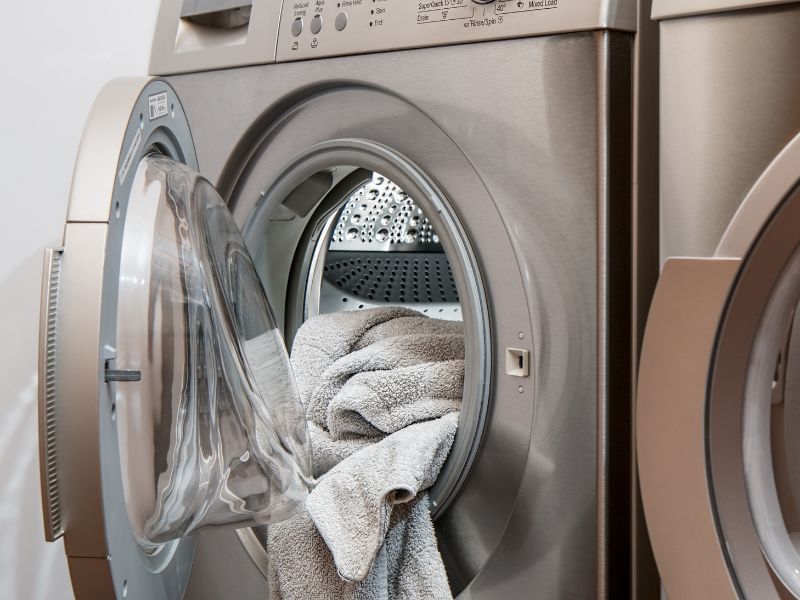
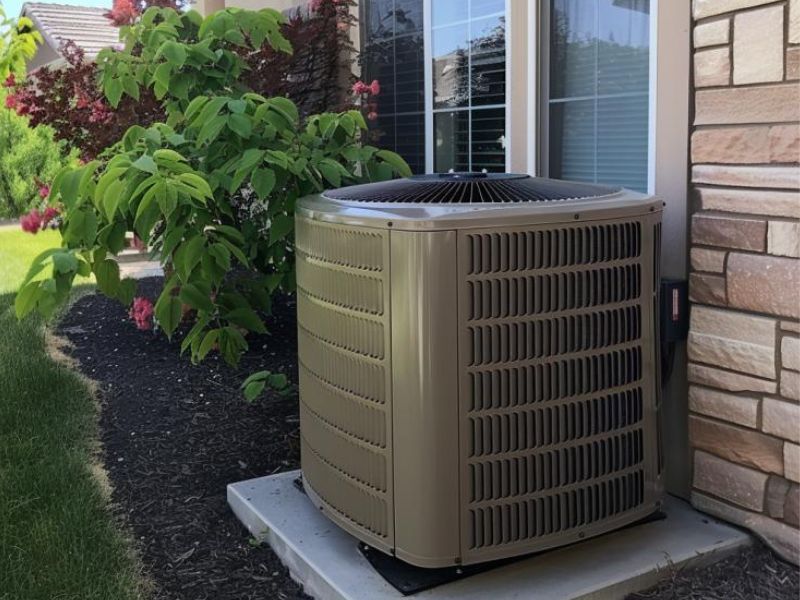
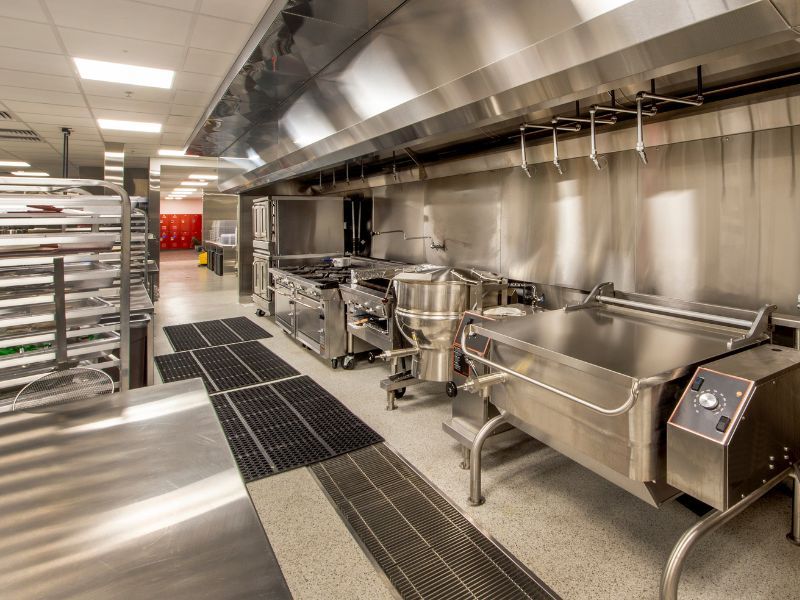
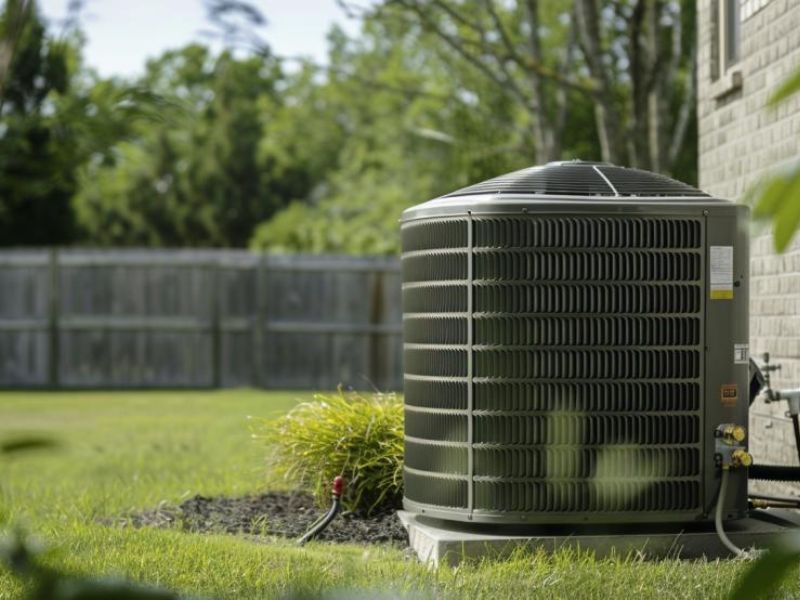
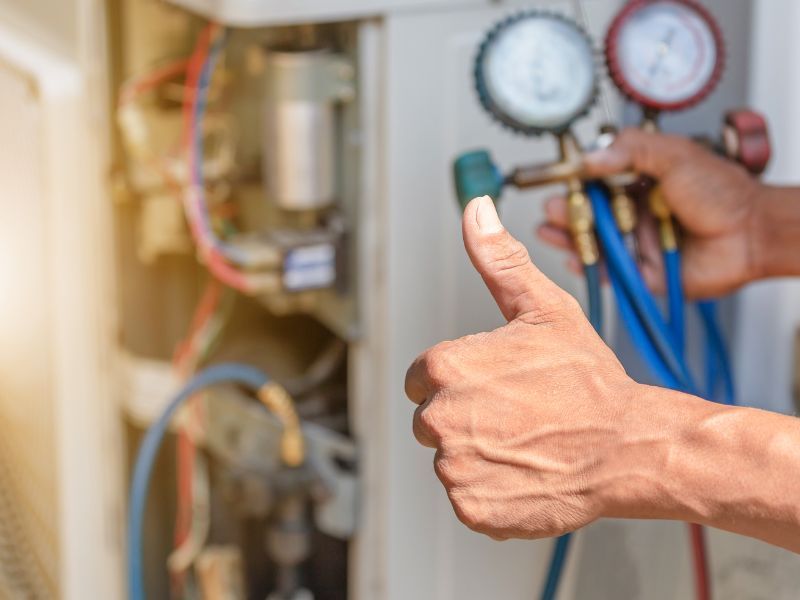
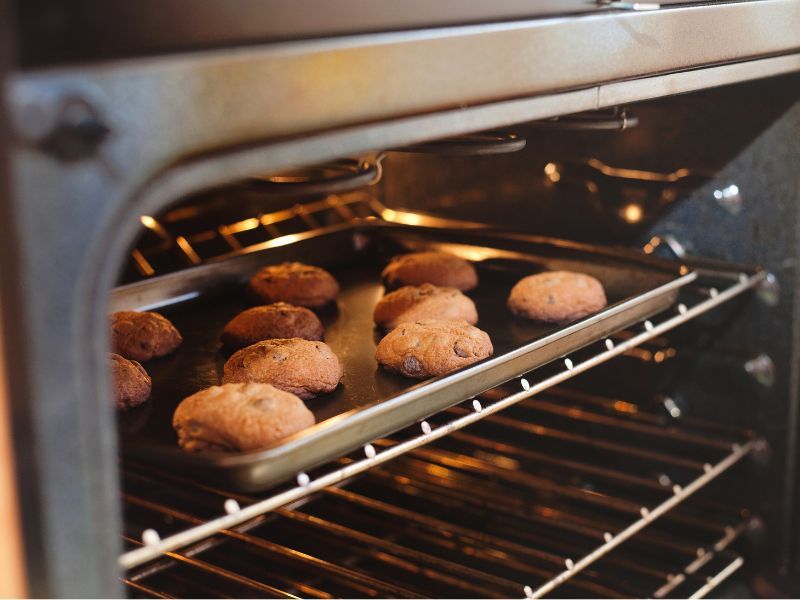
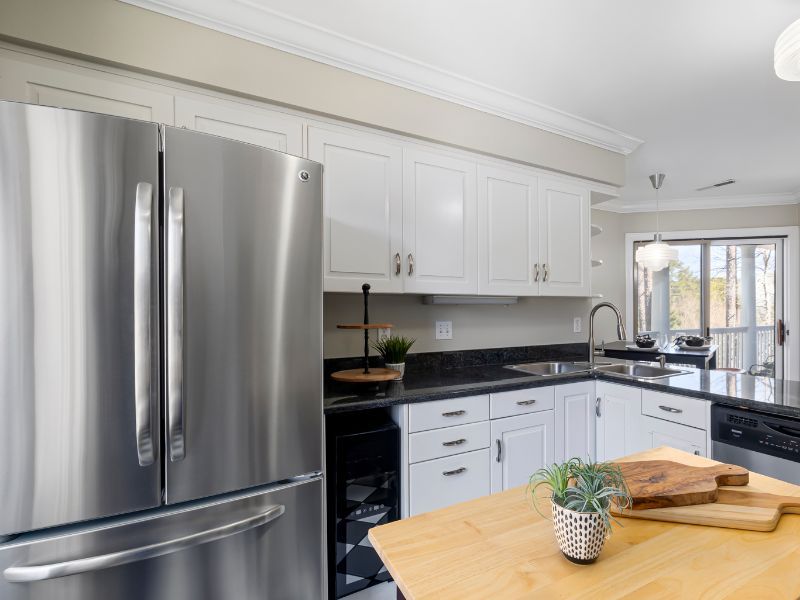
Leave a Reply